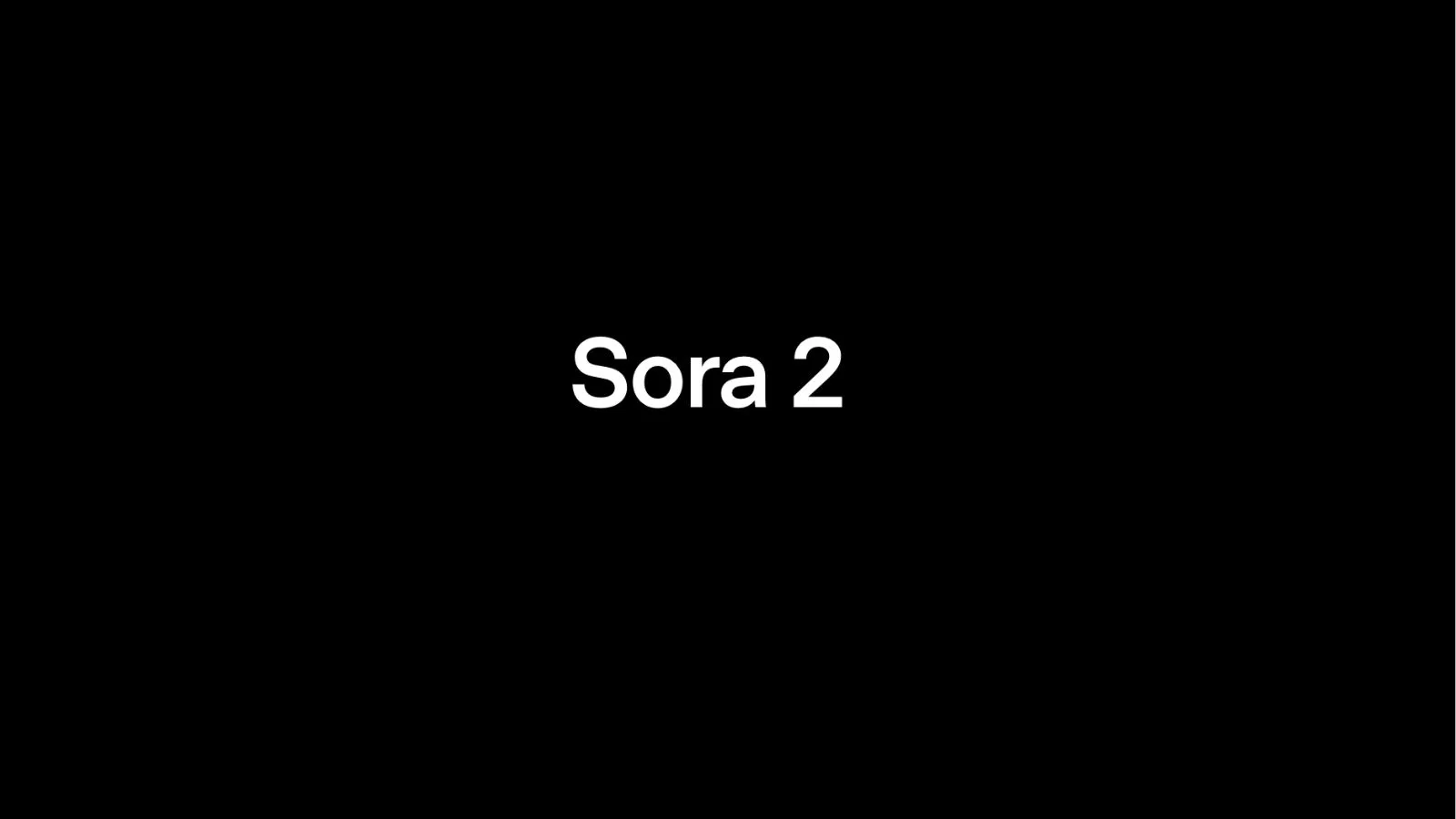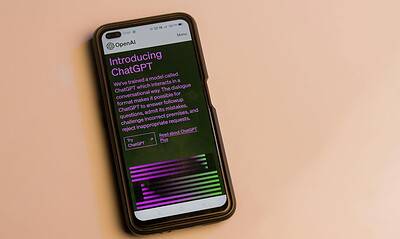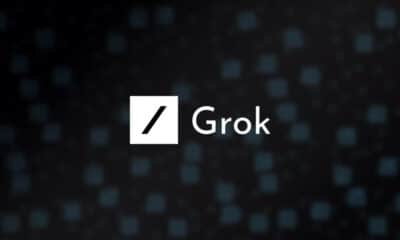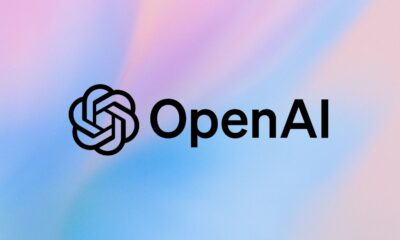AI
OpenAI debuts Sora 2 and TikTok-style AI video app
The sample videos OpenAI shared, beach volleyball rallies, skateboard tricks, and cannonball splashes, look more like actual reality.

Just a heads up, if you buy something through our links, we may get a small share of the sale. It’s one of the ways we keep the lights on here. Click here for more.
OpenAI just dropped Sora 2, its newest AI model that generates both video and audio, and, because it’s 2025, it comes bundled with a shiny new social app that’s basically
The invite-only app, also called Sora, lets users generate short clips, star in their own AI-made cameos, and doomscroll through an algorithmic feed of other people’s creations.
Yes, OpenAI has officially gone full social network.
The real upgrade here is the model itself. Sora 2 is a sequel to last year’s Sora, but instead of dreamlike clips where basketballs teleported into hoops, it now actually respects physics.
Miss a shot? The ball bounces off the backboard instead of magically scoring.
The sample videos OpenAI shared, beach volleyball rallies, skateboard tricks, and cannonball splashes, look more like actual reality and less like an acid trip.
The app’s headliner feature is “cameos.” Users can upload a short verification video of themselves to generate a realistic likeness.
That likeness can then be dropped into any scene, surfing, breakdancing, or maybe even winning that volleyball game.
Friends can grant each other access to use their likeness, too, meaning entire groups of AI-generated versions of you and your crew can star in clips together.
What could possibly go wrong?
OpenAI says it’s shipping the iOS app for free at launch in the US and Canada, with a plan to expand quickly.
Monetization, for now, is limited to charging for extra video generations during peak demand.
Meanwhile, ChatGPT Pro subscribers will get early access to the Sora 2 Pro model without needing an invite.
Like
OpenAI will consider your Sora activity, location, post history, and even ChatGPT conversations (though that last one can be toggled off).
Parents also get some control knobs through ChatGPT, including limits on scrolling and who can DM their kids.
But the risks are clear: giving friends permission to use your likeness means trusting them not to abuse it.
OpenAI promises you can revoke access at any time, but the specter of deepfake-style harms hangs heavy.
Does OpenAI’s Sora 2 app with AI-generated cameos represent creative innovation, or are we opening Pandora’s box for deepfake abuse and identity theft? Should social platforms built around AI-generated content with user likenesses require stricter safeguards than traditional social media, or are OpenAI’s friend permission controls and revocation features sufficient protection? Tell us below in the comments, or reach us via our Twitter or Facebook.



























